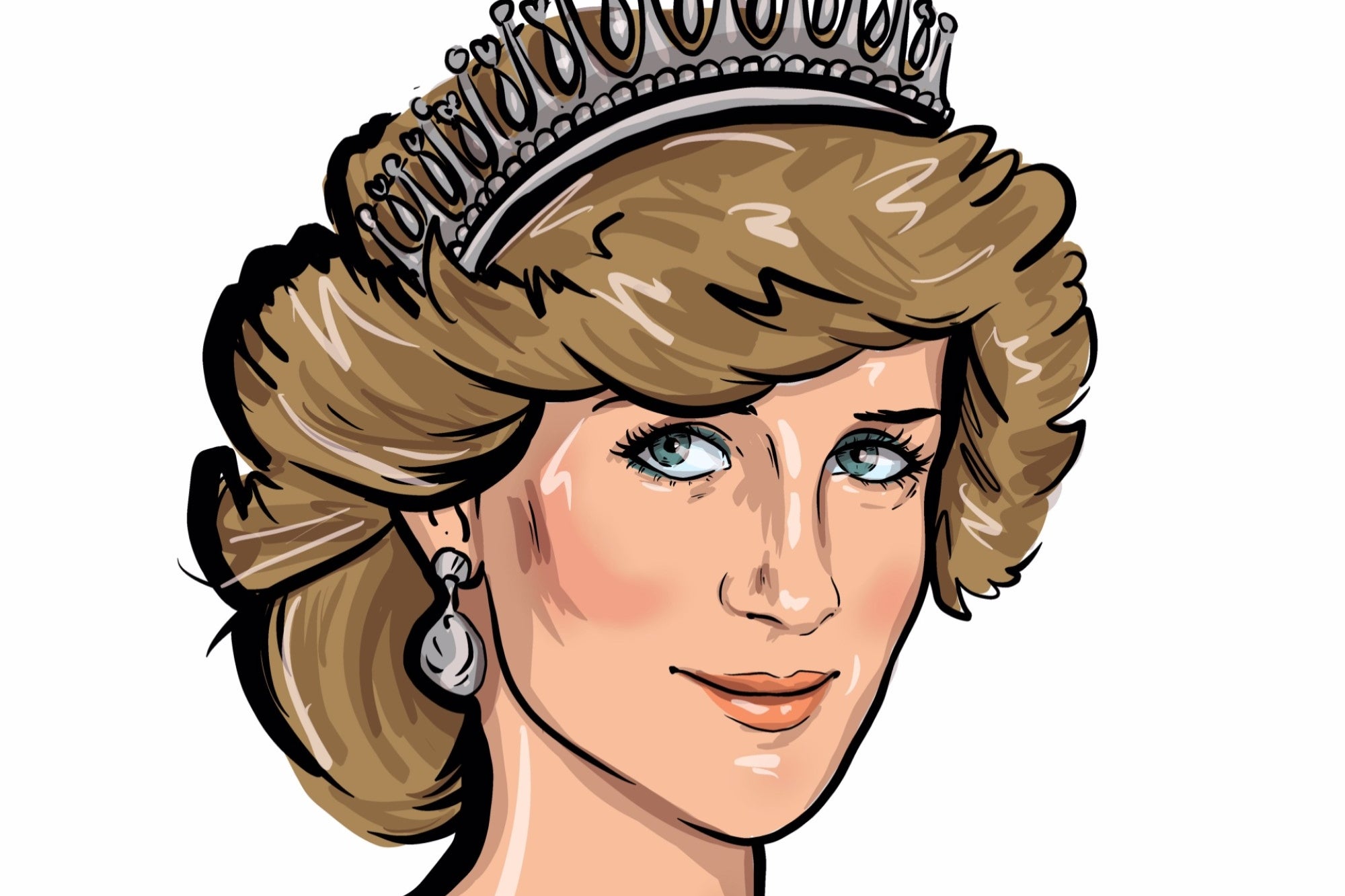4 min read
This story originally appeared on Medialab_UP

By Vanessa Priego
Diana of Wales , better known as Lady Di , has been one of the world’s icons of fashion and, believe it or not, also of marketing. And it is that this woman, the most photographed of the last century, had a turbulent marriage that unwound upon her departure from the Royal Family. However, Diana used all of this aura that had built up around her to her advantage. From this perspective, we can learn four digital marketing tactics.
1. Recognize what your audience wants
Before Diana entered the Royal Family as the Princess of Wales, the British public was used to seeing the monarchy as an aspirational and unreachable institution that could only be entered if you were born into it or married any of its members. . This coldness of the royals towards the public, generated a great interest towards everything related to them.
For this reason, the warmth and spontaneity of the Princess of Wales was like a breath of fresh air. Diana attended all kinds of events, gave impromptu speeches, and tried to give attendees what they wanted to see with her personal touch. For example, at an assembly in Wales, she knew that people wanted the Crown to respect their endemic customs and languages, which is why the newly converted princess addressed those present in Welsh. This was his first step to stardom.

Image: Via MediaLab_UP
Although he followed the rules of royalty, he never failed to attend to the specific needs of his audiences.
Speaking of digital marketing, this is essential: you have to listen and understand our audience to know the correct way in which your content can impact them.
2. Show your human side
There are social networks in which the aspirational works, but you always have to denote the human side within everyone and, what better example than the well-known “Lady Di”?
She did it for better and for worse. For good, he used his popularity to show interest in people with HIV. In fact, when she went to these hospitals there was still a great stigma about the disease. To show people that the infected were not lethal, she refused to use gloves to greet them.
On the other hand, she showed her more vulnerable side when, in a televised interview, she confessed all about the unhappiness in her marriage, her eating disorders and her suicide attempts. Seeing a senior member of the Royal Family talking about these issues helped humanize the Crown and crowned the British public as the ‘People’s Princess’.

Image: Via MediaLab_UP
3. Build your personal brand
The brand-person is built from the peculiarities that each person has and the topic we want to focus on. In this case, Diana went from being a princess to a humanitarian figure.

Image: Via MediaLab_UP
In this way, he tried to speak in all his public appearances about foundations and how ordinary people could help. Her dedication to this issue was so great that she even agreed to walk in an area with mines in Angola so that the newspapers could photograph her and give more prominence to this problem.
On the other hand, Diana was characterized by her high sense of fashion . To this day, various designers continue to be inspired by her and her ethereal style and that is undoubtedly a personal brand.
4. Constant innovation
People evolve, therefore, all their platforms must change with them.
Taking Diana as an example, let us remember that before her divorce she was a totally different woman from the one who wore that black dress that we now know as the “Revenge Dress”. Her gestures, her way of speaking, her way of dressing and the topics she spoke about were all in tune with her evolution as a public figure, which made even more people able to see themselves reflected in her.

Image: Via MediaLab_UP
The point of being successful in the digital world is being able to find the balance between aspirational and ordinary. In this way, people can identify with your brand and at the same time, create that sense of credibility towards it. Diana did not experience the boom of social networks, but, I have no doubt that she would have been one of the most followed people, since her form was always alienated from her beliefs as a person.
This authenticity is gold when talking about social networks or content creation platforms, since you connect better with your audience.








